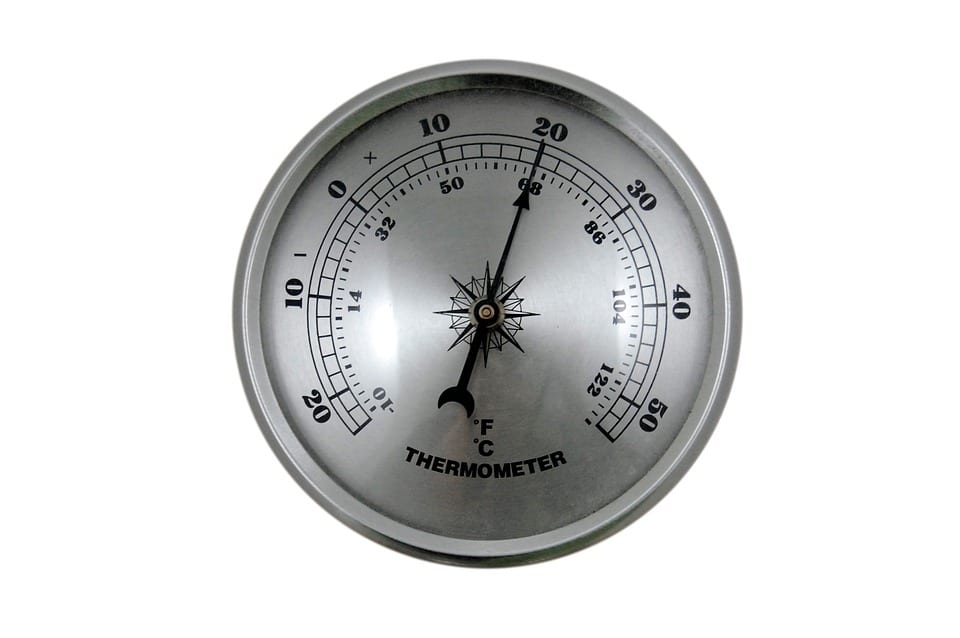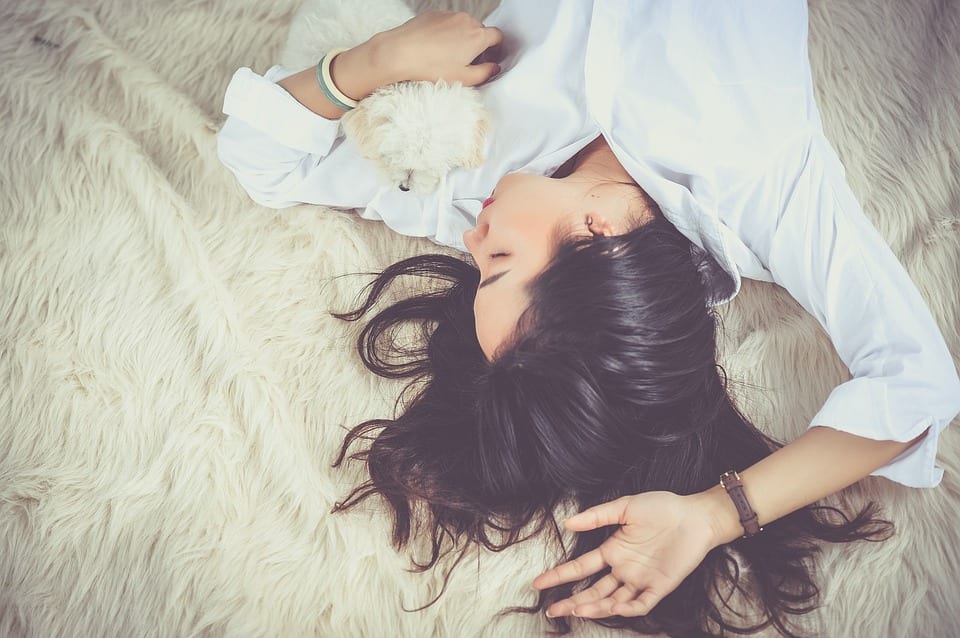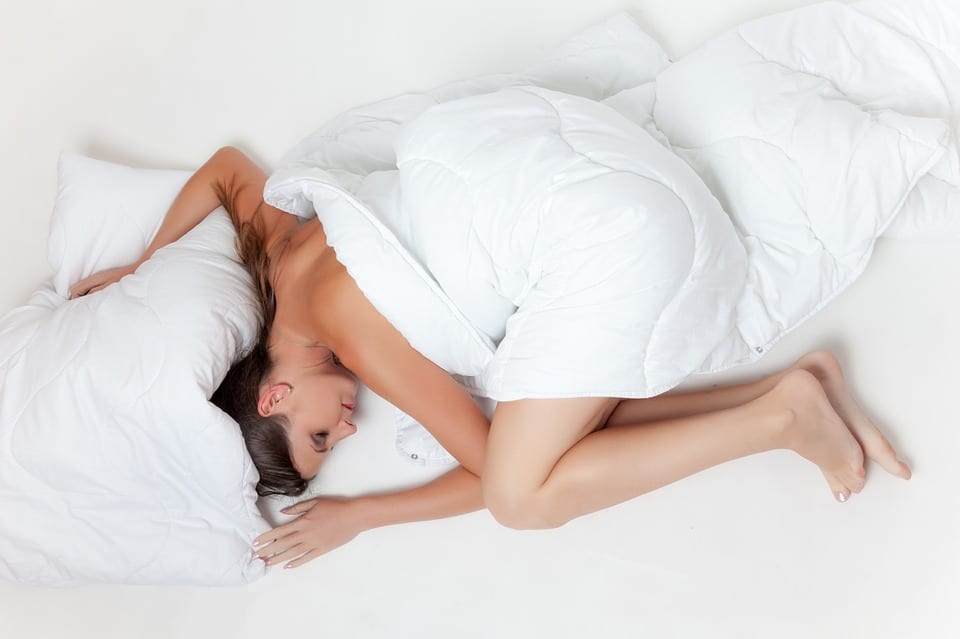We’re all different when it comes to our sleeping patterns, but I’ve never been able to understand how some people can get by on four or five hours of sleep a night. If I don’t get a solid seven or eight hours, I feel like a zombie.
It turns out, maybe I’m the one who’s always been right in this department!
According to sleep scientist Aric Prather, “Sleep is so critical for so many parts of our body and our mind. Sleep is like the dishwasher of the brain.”
I like that, the dishwasher of the brain.
Prather means that sleep strengthens the immune system and can help regulate your metabolism. Sleep also clears out toxins that build up in your brain and can prevent neurodegenerative disorders.
In other words, sleep does a body good. Really good.
Prather also says that all phases of sleep, from light snoozing to deep sleep, are important for helping the brain and body recover from the day. Sleep can also help us learn and remember information more efficiently.
One more thing to keep in mind: abnormal sleep is known to play a role in some diseases, including Alzheimer’s and Parkinson’s. Disturbed sleep can even be measured to detect the onset of neurodegenerative diseases.
There is still a lot that researchers and scientists don’t know about sleep, but one thing is clear: sleep is very important and is good for your mental and physical health.
You know what you should do right now? Go get some ZZZZZZZZs!
The post The Science Doesn’t Lie: You Need to Make Sleep a Priority appeared first on UberFacts.



 #livingmybestlife . . . . . #sacktime #napking #naptime #beautysleep #archie #dogsofig #frenchiesofinstagram #frenchie #dogs #doglover #doglife #furbaby #frenchielife #snooze #bulldog #puppylove #puppiesofinsta #canyoufindme
#livingmybestlife . . . . . #sacktime #napking #naptime #beautysleep #archie #dogsofig #frenchiesofinstagram #frenchie #dogs #doglover #doglife #furbaby #frenchielife #snooze #bulldog #puppylove #puppiesofinsta #canyoufindme

 Unfortunately this is how I spend most of my weekdays after work. If you ever wonder where I am, most likely I'm in bed because I'm either tired or in pain. No matter what month it is though ALWAYS spread AWARENESS and your knowledge of ENDO
Unfortunately this is how I spend most of my weekdays after work. If you ever wonder where I am, most likely I'm in bed because I'm either tired or in pain. No matter what month it is though ALWAYS spread AWARENESS and your knowledge of ENDO #myendolife #endometriosis #endo #endoawareness #endosisters #endowarriors #endometriosisawarenessmonth #sleepmemes #ilovesleep #memethesickaway
#myendolife #endometriosis #endo #endoawareness #endosisters #endowarriors #endometriosisawarenessmonth #sleepmemes #ilovesleep #memethesickaway





